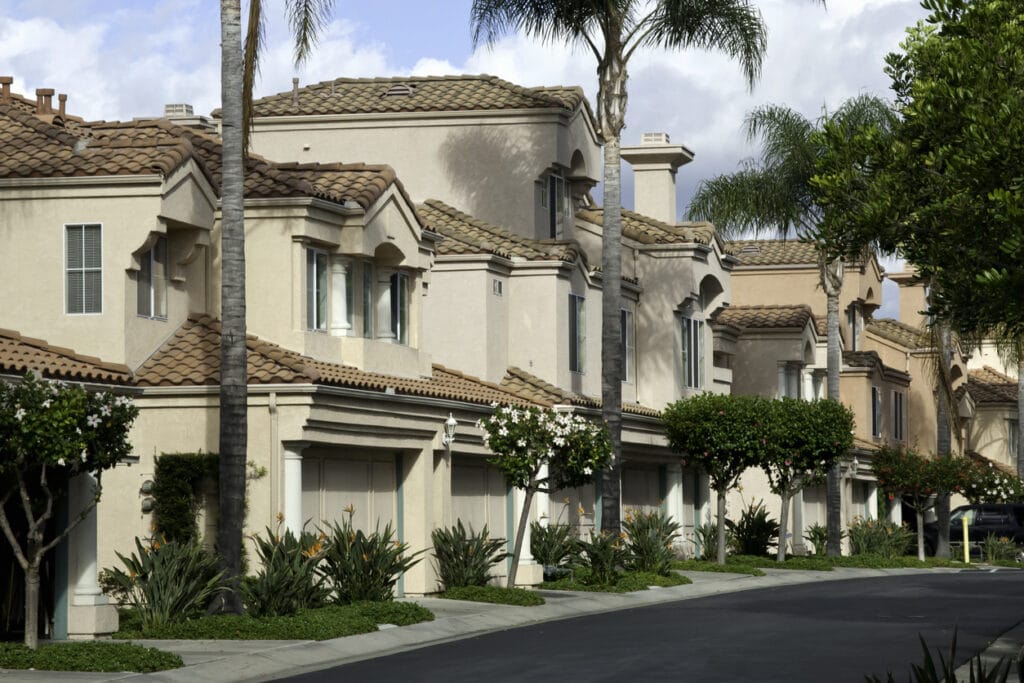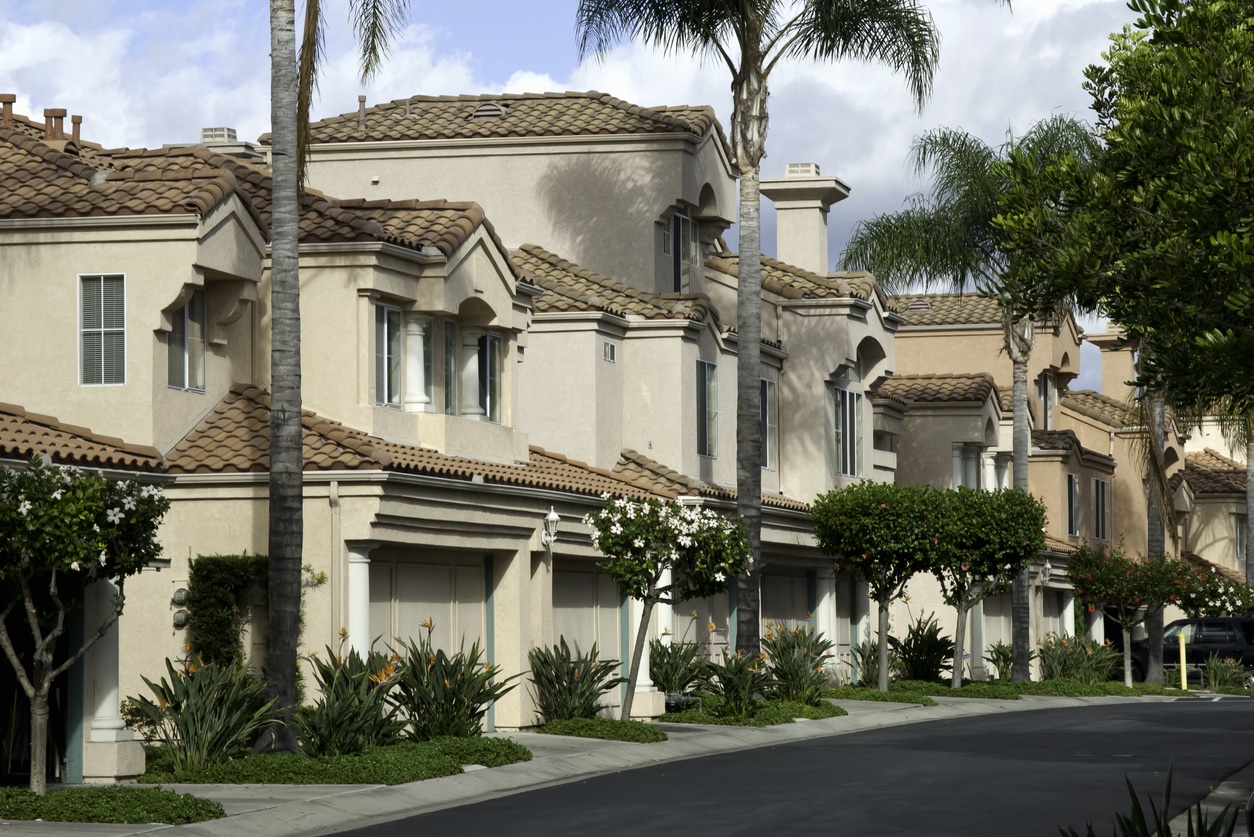
Under Florida condo law, condominium associations are responsible for maintaining the common elements of the property. Generally, this includes the parts of the complex that belong to all owners, such as the roof, exterior walls, grounds, walkways, corridors, and lobbies. Common elements do not include anything inside the four walls of your unit, with the exception of things like plumbing and wiring for the delivery of utility services if it serves more than one unit.
If you suffer water or mold damage to your unit as a result of your Association’s negligent failure to maintain a common element, the Association should be responsible for any repair expenses. As a Florida condo owner, it is important to understand your rights and remedies for your Association’s negligence in failing to maintain common elements. A condo attorney who focuses on representing owners (not the boards) can help!
With black mold, an especially dangerous potential consequence of a leaky roof or cracked exterior stucco, particularly with so many of us homebound because of the pandemic, making sure your Association is properly maintaining the common elements and knowing what to do if they are not, is more critical than ever.
Common Examples of Negligence in Florida Condos
If your Association has failed to maintain or inspect the roof, this is almost always considered to be negligence. Generally, roofs should be inspected at least twice a year—in the fall and spring when weather tends to be more mild—to help spot any problems. As for how often a roof should be replaced, a typical asphalt shingle roof lasts 20 to 25 years. Potential signs that a roof may need to be replaced include: curled shingle edges; cracked shingles; and dark streaks or moss on roof surfaces. If you notice any of these signs, you should consider contacting your Association to find out when the roof was installed.
Failure to adequately inspect stucco for cracks, which can result in water damage and mold growth, is another common example of Association negligence. The sooner cracks in stucco are repaired, the better. If you notice even small cracks in the exterior stucco, you should notify your Association. Failure to promptly fill stucco cracks will likely be considered negligence.
Another particularly unpleasant example of Association negligence causing damage to individual units is sewer backups. If the backup was caused by the Association’s negligence in maintaining common element sewer lines, unit owners damaged as a result may pursue a claim against the Association.
It is an unfortunate reality that many Florida condo owners complain that their Associations are not properly maintaining or inspecting the common elements. Often their complaints fall on deaf ears or the Association tries to blame others. In many cases the result of an Association’s failure to maintain common elements such as the roof or exterior stucco walls is water and/or mold damage, which can cause serious property damage, as well as health problems. If you find mold in your condo, an important first step is finding the source of the water leak.
Mold remediation can be a very expensive and disruptive process. Condo owners should be prepared for a potential fight with their Association over who is responsible and what damages are recoverable. Having an attorney on your side will help ease this burden.
What to Do if Your Condo Association Has Been Negligent
If your HOA or Condo Association has negligently failed to properly maintain a comment element, causing water or mold damage to your unit, the Association should be responsible for any interior damage to your unit caused by the failure. Similarly, if the Association has been notified of a problem with a common element and ignored the problem, it will be responsible for resulting damage to the interior of your unit.
In either case, if you have suffered damage as a result of what you believe to be negligence by your Association in failing to maintain common elements, you should notify the Association of your claim. However, before you bring a claim to your Association, you should check the Association’s governing documents to confirm that the neglected area is considered a common element.
Keep in mind that many condominium insurance policies have very limited coverage for mold damage, and your Association will likely try to minimize its responsibility. Consulting a Florida condo attorney can help you to maximize your recovery of property repair and related health costs, especially if your Association is trying to deny your claim.
A Condo Owners Law Firm in South Florida
If you need assistance pursuing a mold or water damage claim against your Condo Association or HOA based on a failure to maintain common elements, we welcome you to contact us at (954) 966-3909.
We serve the legal needs of individual condominium owners, homeowners and cooperative owners in resolving disputes with their associations throughout Florida, including Broward, Dade and Palm Beach Counties, as well as Hollywood, Davie, Pembroke Pines, Hallandale, Sunny Isles, Aventura, Miami, North Miami, Brickell, Boca Raton, West Palm Beach, and Naples. We never represent associations.
Please note that free case evaluation is by telephone and does not include legal advice. Office consults with legal advice are available on a flat fee basis.

